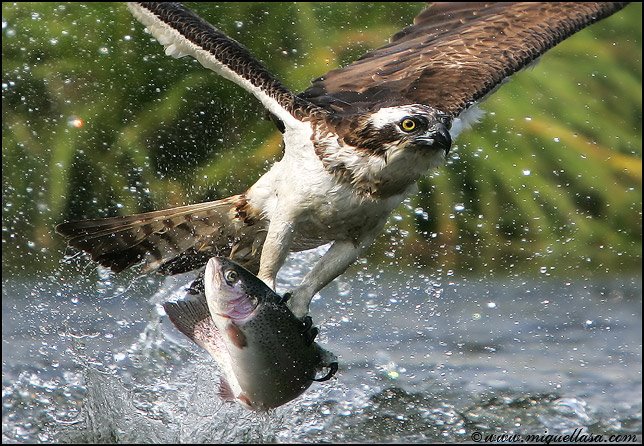Author David Halberstam was one of America’s greatest
journalist/historians. As a young man he made his reputation as a reporter in
Vietnam. There he reported as he saw it. That is as a quagmire in the making by
a government of the “best and brightest” who were in denial of its folly. He
went on to produce 20 books in 40 years on a variety of fascinating subjects but perhaps most importantly of our nations war
machine drifting into wars of “exceptionalism” a.k.a imperial folly. It was his Vietnam book The
Best and Brightest which won him the Pulitizer Prize.
It was his last book The Coldest Winter, published five days before his untimely death in a car
accident at age 73, that I just finished reading. I think it was his very
best. The Coldest Winter is about the
Korean War of 1950-53. This was is not writ large in the collective memory of
this country, except for those few remaining who fought there. It was a war that was cruel and inconclusive and
claimed the lives of 33,000 American soldiers, 415,000 South Koreans and about
1.5 million North Korean and Chinese troops. Better forgotten? I think not.
This book includes the down in the foxholes stuff of an
untrained, outnumbered, ill equipped, and driven into a corner, heroic American Army as well the broader picture of military strategy,
political and managerial bungling at the highest levels. All of this leading up
to the inimical fate of three wars of hubris, dubious strategy, and imperial
ineptitude. That is Korea, Vietnam, Iraq and now seemingly ad infinitum more yet…..:(
And now the having read William Manchester’s classic
on Douglas MacArthur, American Caesar
there are fascinating heroes and villains . Halberstams MacArthur is both. He is the
brilliant strategist of the island hopping campaigns in the Pacific and
tactician of the Inchon landing in Korea. But here disturbingly and at length MacArthur is the self-besotted egomaniac who wastes the lives of his men. As a 10 year old I
remember my father, the banker, arguing in defense of the General over
President Trumans firing of him, with
his two Railroad Brotherhood siblings.
As that was in the era of
children “being seen but not heard” I kept my counsel though I agreed with my
Uncles and President Truman. After
reading The Coldest Winter I know they were right then and I remain convinced of it even more so to
this day….:) A fascinating book indeed. 





 ORION MAGAZINE ANNOUNCES THE WINNEROF THE 2008 ORION BOOK AWARD
ORION MAGAZINE ANNOUNCES THE WINNEROF THE 2008 ORION BOOK AWARD





